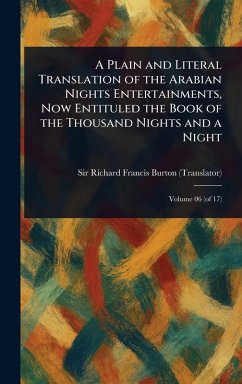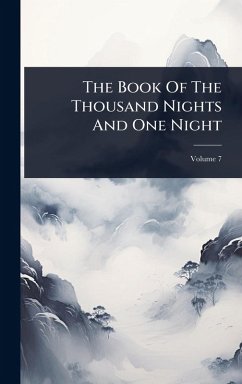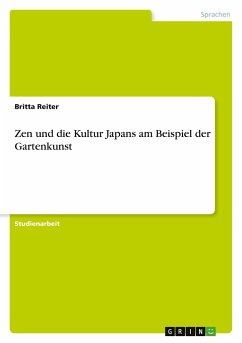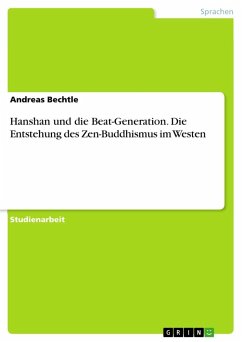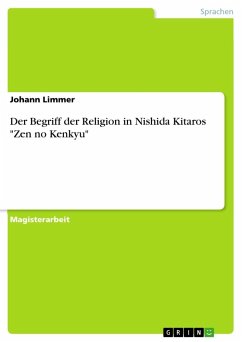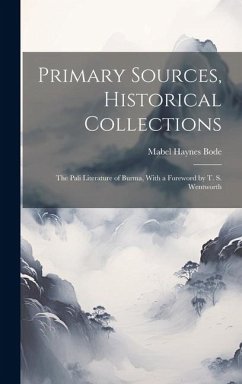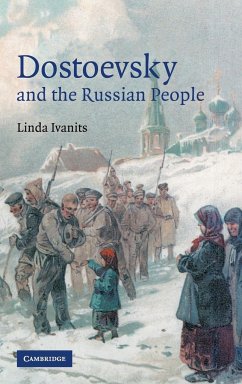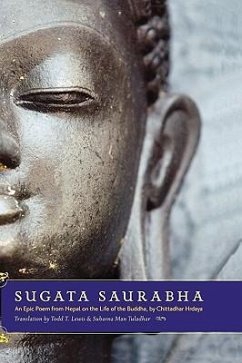Nicht lieferbar
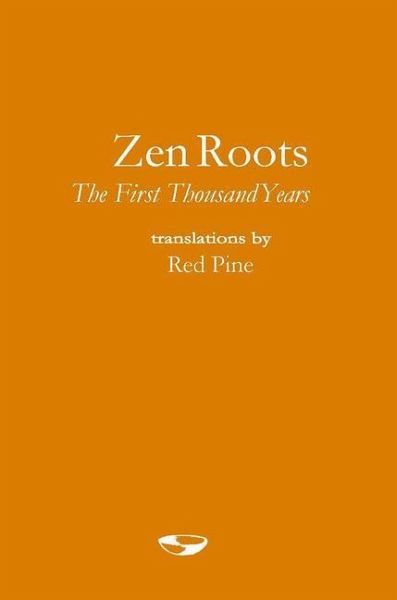
Zen Roots: The First Thousand Years
Versandkostenfrei!
Nicht lieferbar
Literary Nonfiction. Asian & Asian American Studies. In ZEN ROOTS, Red Pine has gathered nine texts from the first thousand years of Zen. Dating from the middle of the second century BC to the middle of the ninth century AD, they include the Heart, the Diamond, and the Platform sutras, selections from the Vimalakirti and Lankavatara sutras, Bodhidharma's Principles & Practice, Sengcan's Trusting the Mind, and Huangbo's Transmission of the Mind. The translations are accompanied by introductions and enough notes to explain what needs explaining but not so many as to get in the way. This is meant...
Literary Nonfiction. Asian & Asian American Studies. In ZEN ROOTS, Red Pine has gathered nine texts from the first thousand years of Zen. Dating from the middle of the second century BC to the middle of the ninth century AD, they include the Heart, the Diamond, and the Platform sutras, selections from the Vimalakirti and Lankavatara sutras, Bodhidharma's Principles & Practice, Sengcan's Trusting the Mind, and Huangbo's Transmission of the Mind. The translations are accompanied by introductions and enough notes to explain what needs explaining but not so many as to get in the way. This is meant to be a companionable volume, something a reader would enjoy carrying around, taking on trips, introducing to the higher elevations, or the backyard. Published by Empty Bowl Press, the book is in a handy 5x7 format, bound in Japanese silk, and the binding sewn so when open it lays fairly flat. And there's a ribbon, for marking your place. A regular trade edition is planned for publication in 2022.




